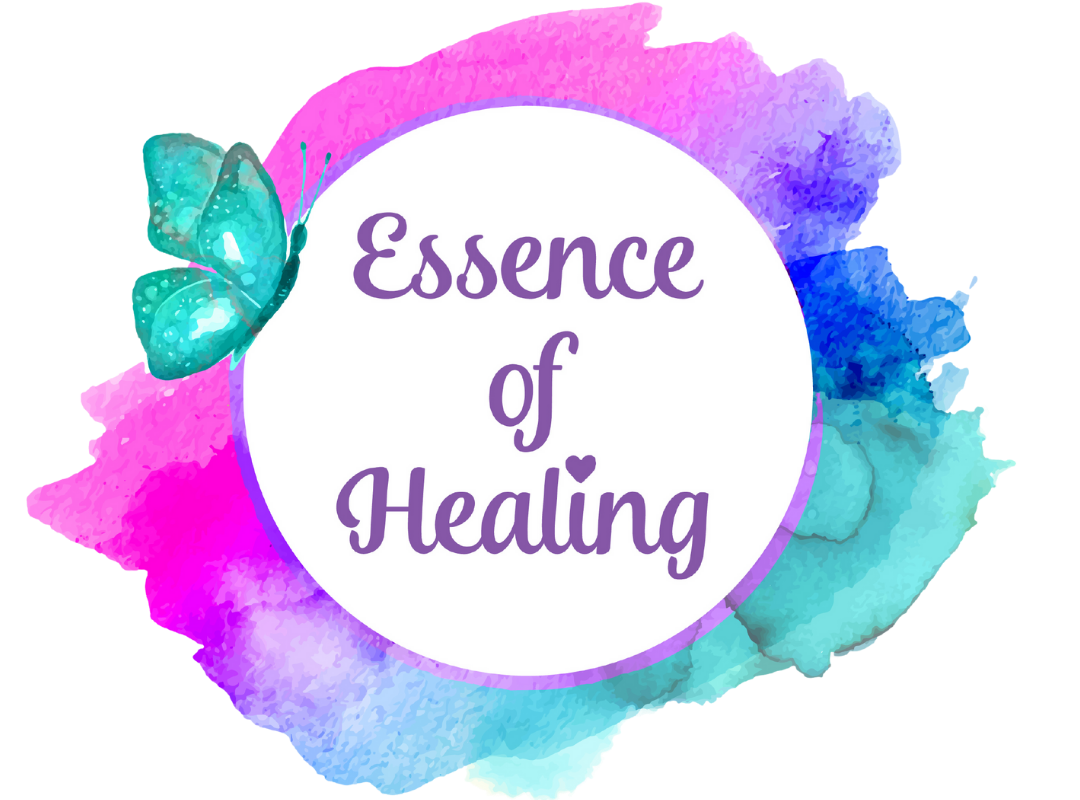Finding the right therapist
Even though the reasons for starting therapy seem to be growing daily with the uncertain state of the world, the task of finding the right therapist is an overwhelming one. The best secret to finding the right therapist to fit your needs is preparation. However, knowing you need to prepare to find your therapist and being able to effectively prepare aren’t always the same thing. I’ve created this mini-guide to help steer your research and use your energy where it matters most - to love and live your most authentic life.
What difference does a good therapeutic relationship really make?
All the difference, honestly. A good therapist is the difference between feeling tolerated and being supported. A good relationship with a therapist is the steady, stable security of working through whatever comes your way as you reach your goals.
Seeking therapy when you’re Black is daunting, particularly if you’re a black woman. This is made even more daunting by how profoundly a bad experience can change your view of yourself from the deepest and most vulnerable parts of you. The security you can find when you do the work to advocate for yourself is a powerful piece to the puzzle of healing.
Am I really going to find a therapist who understands me?
While I wholly believe that there is someone out there who is really gonna connect with what you need, it’s also possible you may not find them as easily as you hope. In the United States, diversity in mental health professionals is abysmally low. This is the case from the care side of things as well as the academic side, likely because of the absence of cultural humility training to support a safe environment for minority folx to chase their dreams.
If you’re looking for a therapist who can identify with your lived experiences, this may increase the challenge - but it’s also going to increase the reward for your tenacity when you hit that therapy sweet spot.
Here’s where to start
Make a list of must-haves
Some questions to ask yourself are:
Do I want them to have a specific lived experience or identity?
What kind of training or education is important to me?
Are there values where we need to align?
Is there a particular approach or service I need?
2. Ask yourself what you won’t tolerate
Just like your wishlist, it’s important to have an anti-wish list. What traits, thoughts, or methodologies have no place in your life? If you’ve been to therapy before and know what doesn't work, identify those things so you can avoid them in your next therapeutic relationship.
3. Identify your safety and comfort needs
This may be something that’s addressed in the above two steps but it’s so important that even if it is, it’s worth checking again. If you’ve experienced high levels of trauma or have fear around particular lifestyle disclosures, ensuring that a therapist isn’t going to trigger something painful without a sustainable plan of support for your safety is important.
4. Get a sense of your budget and schedule
Ain’t nobody got time for wasted time - least of all you! Figure out how much you’ll be planning to spend on your mental health support so that you can get a good match. It’s good to check if they take insurance, what the coverage is like, and any available sliding scale options. For private pay therapists, universal or superbill options will help you track costs for deducting expenses if you need to.
When it comes to scheduling, making sure that the frequency with which you’d like to be seen fits in with their availability can help you both to manage expectations before you enter a therapeutic relationship.
Where to look
Looking for a therapist isn’t the time to get shy about the places you look for information. Check websites, social media posts, engagement and google their name to find out if their ideology matches your needs.
Some therapists offer free consultations and those can be a great time to ask questions to help you determine if they may be a good fit for you and to ask these questions directly.
What happens when I find a good therapist?
If you find a good therapist, empower yourself to tell all your friends about how and why you did it. With mental health treatment still being stigmatized, it’s important that positive experiences find their way out into the world when you feel healthy and safe enough to do so.
If you don’t vibe
Sometimes you know in the first few minutes if someone’s not going to do the kind of work you need in your life. Other times, you may be unsure. When you’re still feeling unsure or find yourself struggling to open up to your therapist three or four sessions in, it’s time to look again. It feels frustrating to start over, but there is no need to stay somewhere that doesn’t fulfill you.
Spend as long as you need to find the safety and match that’s right for you in your therapy journey. If you’re looking for support or think you might find your match here at Essence of Healing, I’m here for you.



